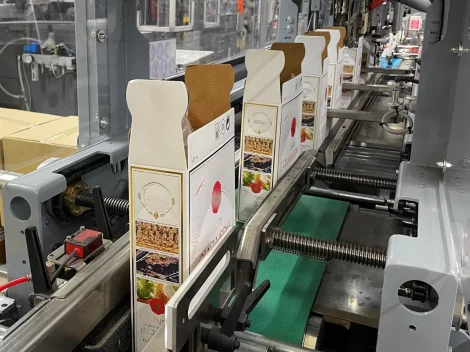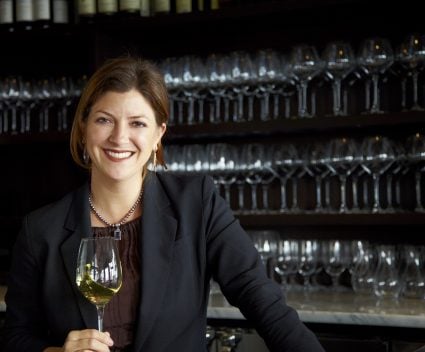For decades, Cannonau - one of the symbolic wines of Sardinia —has been synonymous with robust, warm, and generous wine. It is an identity wine that has never been afraid to express its character. With its bold body, imposing structure, and high alcohol content, it has for years embodied an idea of strength and tradition. But during our ongoing tastings for the Vini d’Italia 2026 Guide, we received confirmation that something is changing.
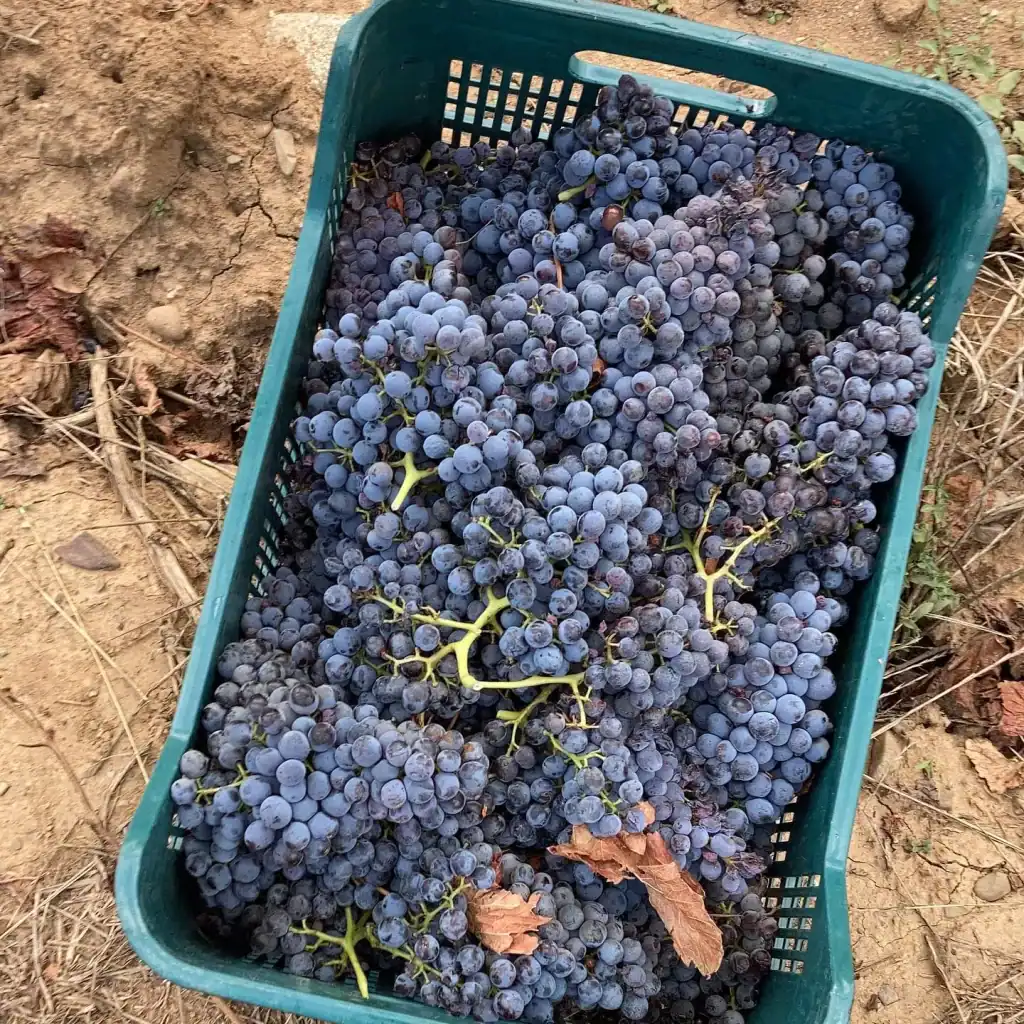
A revolution underway
In recent times, several producers have begun to rewrite the narrative of this historic grape variety. And so, Cannonau is becoming more subtle, elegant, with silky tannins and a flavour profile that now leans towards finesse rather than sheer power—as we already noted when discussing the best Cannonau of 2025.
The transformation of Cannonau often begins in the vineyard. More attentive viticultural practices, carefully calibrated macerations, and perfectly timed harvests aimed at preserving freshness, acidity, and lightness are some of the agronomic choices now revolutionising the wine’s profile in the glass. In the winery, skilful use of vessels—whether stainless steel, wood, concrete, or terracotta—further contributes to a more transparent expression of its territorial character.
A wine that tells the territory in a new way
In short, we are witnessing the birth of a “new” Cannonau—one that does not deny its Mediterranean soul or the spicy thread that characterises it, but rather expresses them in a more controlled, refined, and accessible manner. The territory is not lost with this new register, but instead is translated through a new language. The palate is more dynamic and nuanced, offering a more contemporary reading without being aggressive.
A more casual wine
The new direction of Cannonau is not limited to its flavour profile—it is also cultural. It brings the wine into conversation with modern tastes. Some Sardinian labels appear to respond to a preference for lighter red wines, to be enjoyed at 16°C, more casual and readable. And this applies to Cannonau as well, as demonstrated by this fresh interpretation of the grape that highlights its potential and projects it into the future, without ever losing its deeply regional identity.
If the Wine Changes, the Disciplinary Must Change Too
However, let’s be clear: a wine’s disciplinary regulations cannot ignore the changes taking place inside the bottle. We will never tire of repeating it—Cannonau needs a modernised disciplinary framework, one that enhances the diversity of the various territories within a large and varied region like Sardinia. Much has already been achieved, but to stop here would be a disservice to one of the Mediterranean’s most prestigious grape varieties.
Cover photo: Tenute Dettori

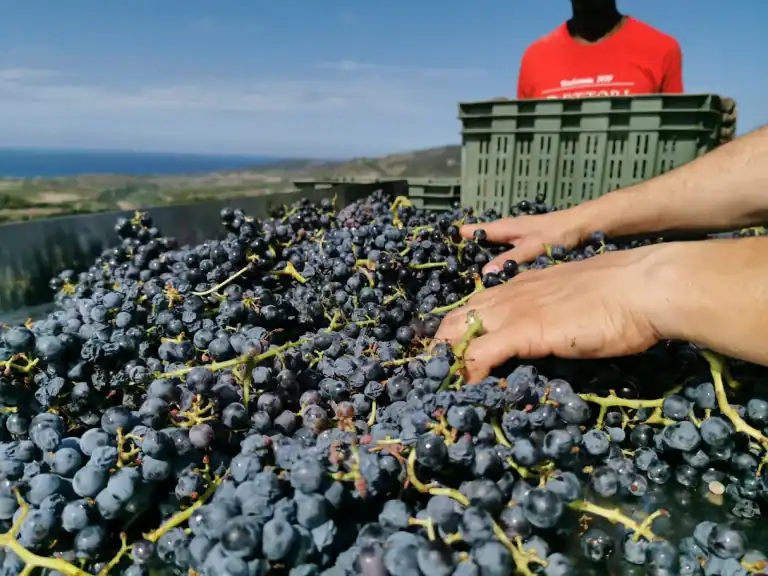
 Why 'restraint is a virtue' for a top Prosecco producer
Why 'restraint is a virtue' for a top Prosecco producer Gambero Rosso in Nigeria: a new strategic market for Italian wine
Gambero Rosso in Nigeria: a new strategic market for Italian wine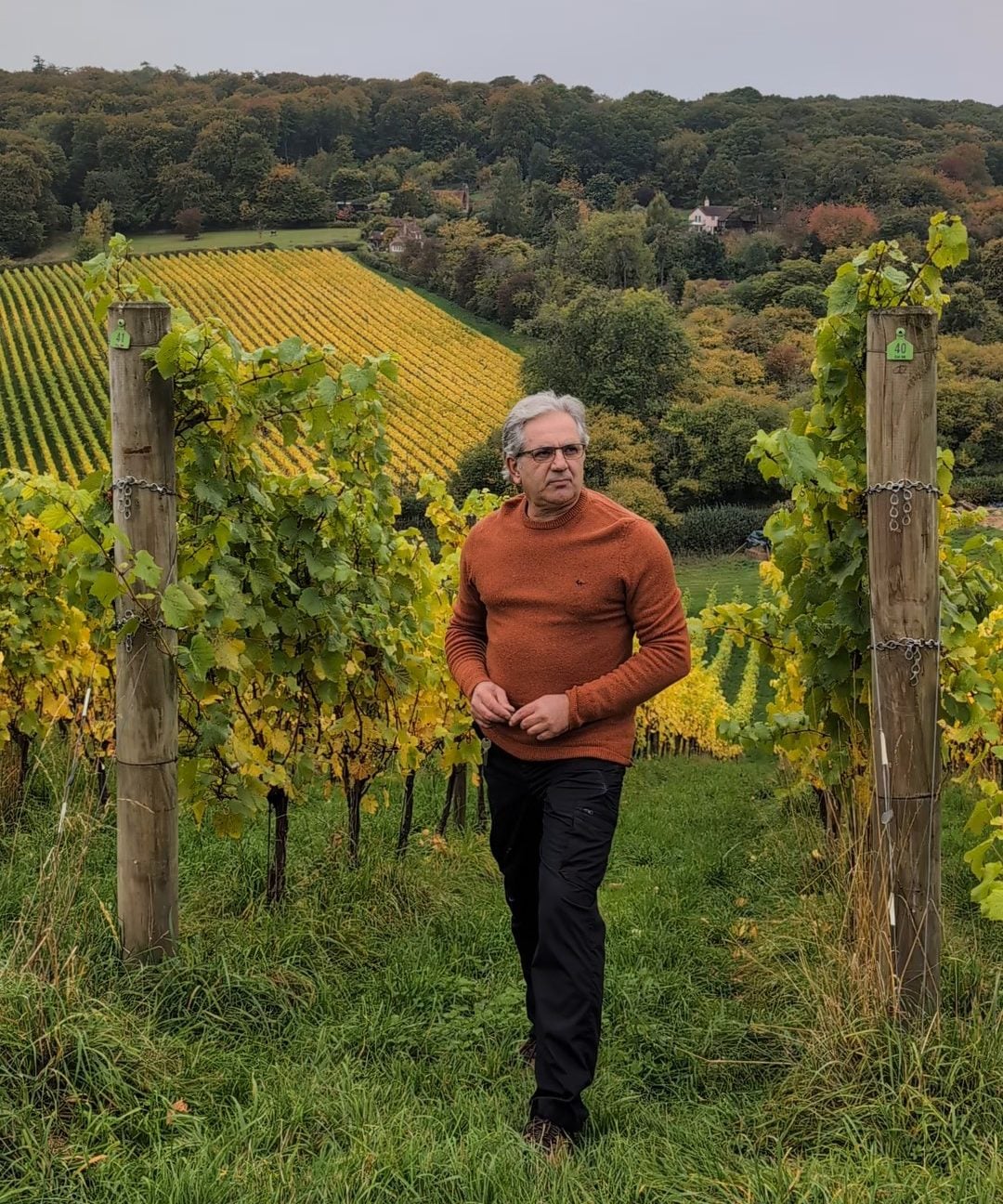 Meet the Italian viticulturist who manages an English vineyard
Meet the Italian viticulturist who manages an English vineyard The Paris restaurant where a different tasting menu is served every day
The Paris restaurant where a different tasting menu is served every day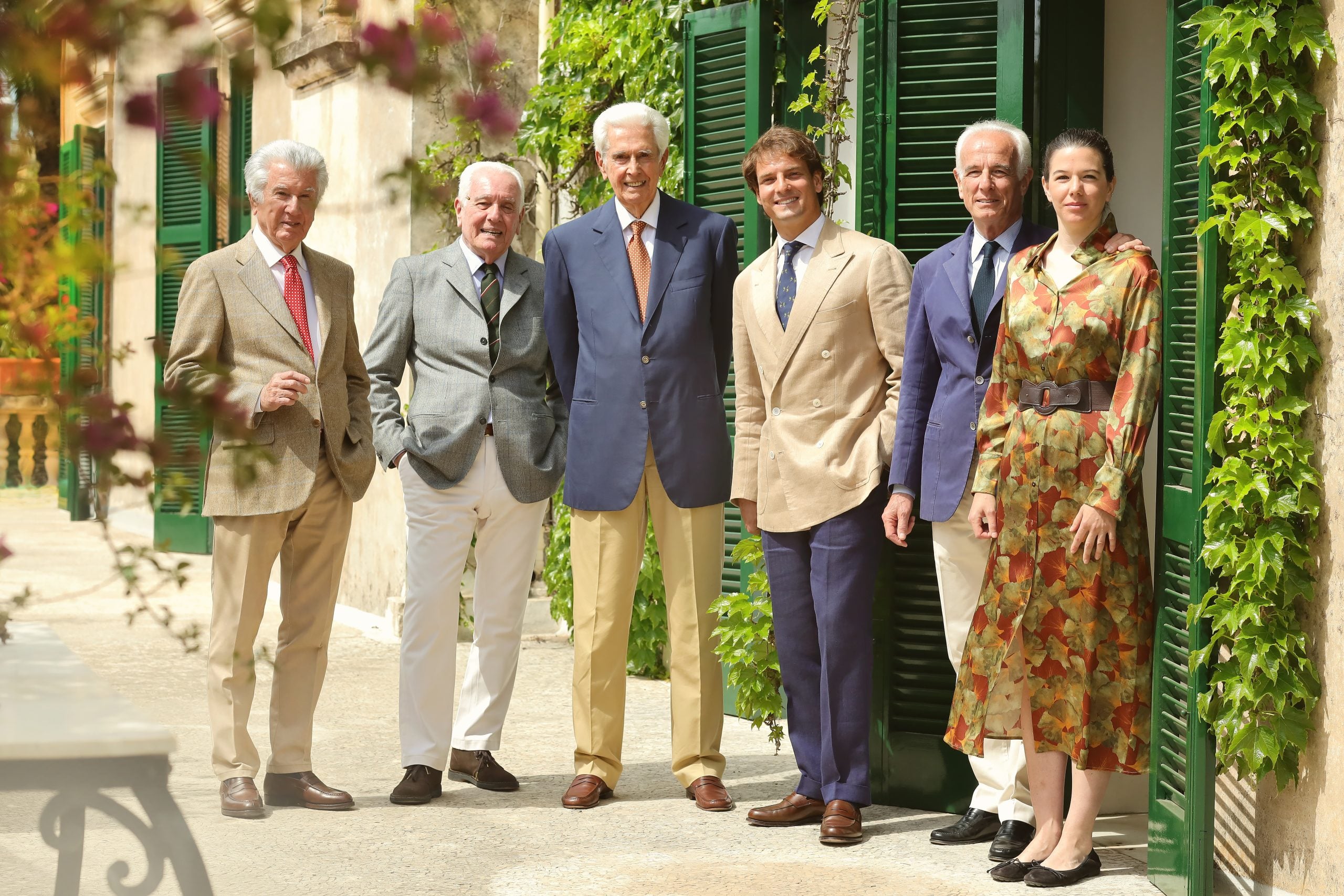 'Balance between evolution and continuity': the identity of Conti Zecca
'Balance between evolution and continuity': the identity of Conti Zecca
